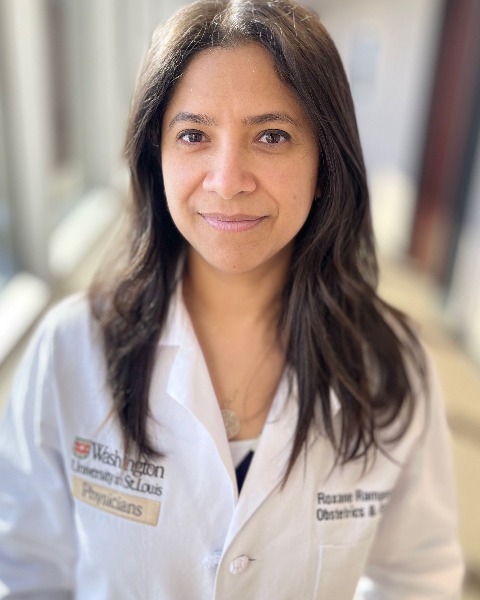Category: Obstetric Quality and Safety
Poster Session IV
(1135) Factors affecting engagement in a postpartum remote blood pressure monitoring program: Identifying opportunities for improvement
Remote blood pressure monitoring (RBPM) postpartum has become increasingly popular to combat postpartum hypertensive disorders. However, the platforms require active patient engagement to both collect the objective measurement and communicate with the application. We evaluated which patient demographics impacted engagement with a RBPM platform.
Study Design:
A nested case-control study of postpartum patients enrolled in the University of Pennsylvania’s Heart Safe Motherhood RBPM platform. We included patients with a pre-existing hypertension or hypertensive disorder of pregnancy were identified and enrolled prior to discharge. Upon discharge, patients are prompted to take their blood pressure on a hospital provided cuff and text the result twice daily for 14 days. We defined high engagement as responding to >50% of prompts and low engagement as ≤ 50%. Descriptive statistics and univariate analyses were performed. Multivariable logistic regression was used to adjust for confounders.
Results:
A total of 171 patients were included: 108 (63.2%) had high engagement and 63 (36.8%) with low engagement. Patients with low engagement were younger [(26.7yrs±6.6 vs 30.0yrs±6.0), p< 0.01] and more likely to self-identify as Black [(69.8% vs 48.1%), p< 0.01]. Groups were similar in area deprivation index decile, marital status, and drug use. Characteristics associated with high engagement were diabetes [aRR 3.58 (95% CI 1.16-11.04)] and NICU admission [aRR 3.96 (95% CI 1.25-12.55)]. Black race, chronic hypertension, and vaginal delivery were associated with low engagement [aRR 0.44 (95% CI 0.23-0.87)], [aRR 0.47 (95% CI 0.23-0.96)], [aRR 0.43 (95% CI 0.21-0.85)] and [aRR 0.46 (95% CI 0.22-0.96)] respectively. Maternal age, multiparty, depression/anxiety, and postpartum hemorrhage were not associated with engagement.
Conclusion:
Patients with multiple risk factors for low engagement could benefit from a program that addresses their individual barriers to participation.

Rebecca R. Rimsza, MD (she/her/hers)
Fellow
Washington University School of Medicine
St. Louis, Missouri, United States- SG
Sabrina Goyal, BS
Washington University School of Medicine
St. Louis, Missouri, United States 
Valene Garr Barry, PhD (she/her/hers)
Postdoctoral Research Scholar
Washington University School of Medicine
St. Louis, Missouri, United States
Megan C. Oakes, MD MSCI (she/her/hers)
Maternal-Fetal Medicine
Miller Children's and Women's Hospital
Long Beach, California, United States- DT
Danielle Turnbull, MSN
Washington University School of Medicine
St. Louis, Missouri, United States 
Bethany Sabol, MD
Assistant Professor
University of Minnesota
Minneapolis, Minnesota, United States- JK
Jeannie C. Kelly, MD,FACOG,MS
Associate Professor
Washington University School of Medicine
St. Louis, Missouri, United States 
Nandini Raghuraman, MD,MSc (she/her/hers)
Assistant Professor
Barnes Jewish Hospital, Washington University in St Louis
St. Louis, Missouri, United States
Ebony B. Carter, MD, MPH (she/her/hers)
Associate Professor, MFM; Chief, Division of Clinical Resarch
Washington University School of Medicine
St. Louis, Missouri, United States
Roxane M. Rampersad, MD (she/her/hers)
Associate Professor
Barnes Jewish Hospital and Washington University
St. Louis, Missouri, United States

.png)
